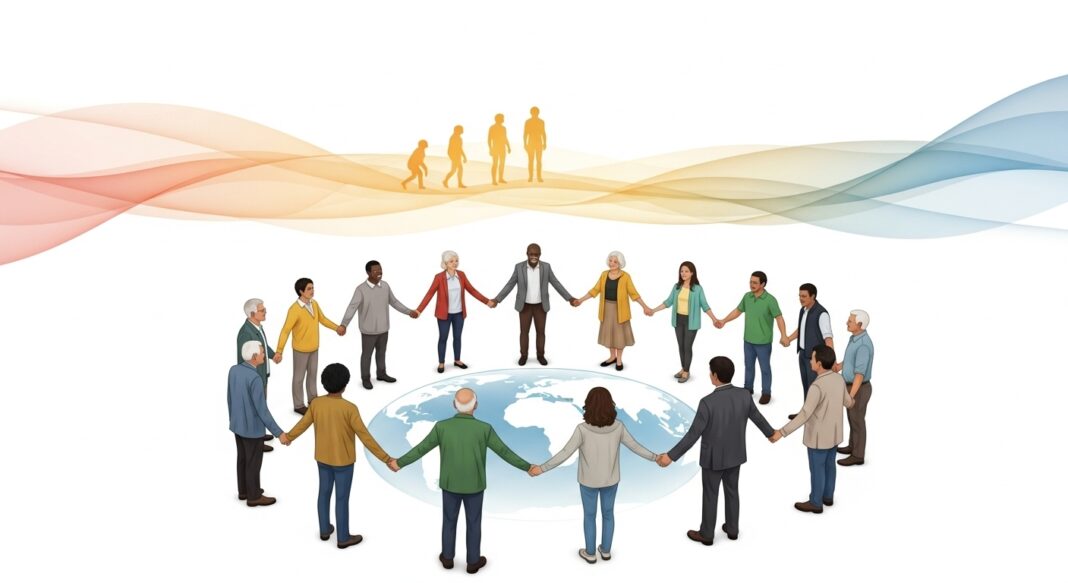Human rights are the fundamental principles that acknowledge the inherent dignity and worth of every individual. The concept of human rights has evolved significantly over millennia, shaped by cultural, societal, and political changes. From ancient civilizations to the contemporary world, the trajectory of human rights has been marked by advancements, struggles, and pivotal moments that have shaped our understanding of what it means to protect and respect the rights of every person.
Ancient Roots: Seeds of Ideals
The roots of human rights can be traced back to ancient civilizations. In Mesopotamia, the Code of Hammurabi, one of the earliest known legal codes, included principles of justice and fairness. Ancient Greek philosophers, including Plato and Aristotle, deliberated on the notion of natural law and the idea that certain rights were inherent to humanity.
However, it was not until the advent of major religions that the notion of human dignity and inherent rights gained more profound philosophical and ethical underpinnings. Teachings in Judaism, Christianity, Islam, Buddhism, and other faiths emphasized compassion, fairness, and respect for individuals, laying the groundwork for future conceptions of human rights.
Enlightenment and Declarations: Shaping Modern Ideals
The Enlightenment period in the 17th and 18th centuries ushered in a renewed focus on individual freedoms and rights. Thinkers such as John Locke, Montesquieu, and Voltaire advocated for natural rights and the social contract between the governed and the governing authorities. These ideas heavily influenced the American Declaration of Independence in 1776 and the French Declaration of the Rights of Man and of the Citizen in 1789, which proclaimed the rights of individuals against arbitrary authority.
The mid-20th century saw a significant leap in the formal recognition and internationalization of human rights. The aftermath of World War II and the atrocities committed during the Holocaust prompted the establishment of the Universal Declaration of Human Rights (UDHR) by the United Nations in 1948. The UDHR laid out a comprehensive framework encompassing civil, political, economic, social, and cultural rights, setting a global standard for the protection of human dignity.
Struggles and Progress: Contemporary Challenges
Since the adoption of the UDHR, the world has made strides in recognizing and safeguarding human rights. Various international treaties and conventions have been established to protect specific rights, such as the International Covenant on Civil and Political Rights and the International Covenant on Economic, Social and Cultural Rights.
However, the realization of human rights remains an ongoing struggle. Persistent challenges include discrimination based on race, gender, religion, sexual orientation, and socioeconomic status. Issues like poverty, inequality, armed conflicts, authoritarian regimes, and threats to freedom of speech continue to impede the full enjoyment of human rights for many around the globe.
Moreover, the digital age has introduced new complexities, raising concerns about privacy, online freedoms, and the ethical use of emerging technologies. Balancing technological advancement with the protection of individual rights poses a contemporary challenge requiring careful navigation and regulation.
Looking Ahead: The Unfinished Agenda
As we step further into the 21st century, the evolution of human rights continues. Addressing current and emerging challenges necessitates ongoing commitment and collective action from governments, civil society, and international organizations. Protecting human rights demands not just legal frameworks but also societal attitudes that promote inclusivity, tolerance, and empathy.
Education, advocacy, and grassroots movements remain critical in advancing human rights agendas worldwide. Embracing diversity, fostering dialogue, and empowering marginalized communities are essential steps toward achieving a world where human rights are universally respected and upheld.
In conclusion, the evolution of human rights reflects humanity’s collective endeavor to acknowledge and protect the dignity and worth of every individual. From ancient philosophical musings to modern legal frameworks, the journey of human rights is marked by progress, setbacks, and an ongoing quest for a more just and equitable world.
As we navigate the complexities of our time, the evolution of human rights serves as a guiding light, reminding us of our shared responsibility to create a world where all individuals can live with dignity, equality, and freedom.

